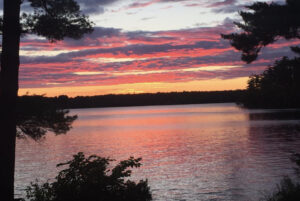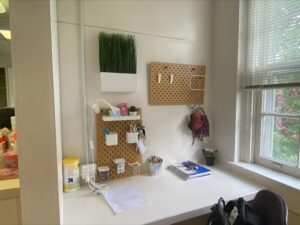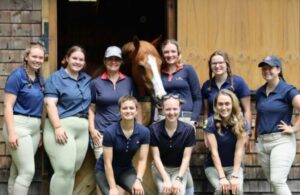For families and friends looking to share a little extra love this Valentine’s Day, why not gift something that reminds them of their happy place—Camp Runoia?! If you’re scrambling to find the perfect gift tonight, look no further! We’ve curated THE BEST Valentine’s Day Gift Guide for your Runoia Camper! 💙 Whether they’re counting down the days until summer or holding onto those camp memories all year long, these gifts are perfect for any Runoia girl! Here are 10 picks guaranteed to come in handy this summer!
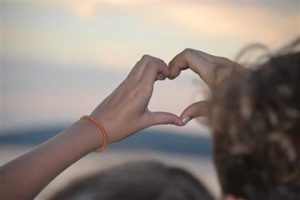
🎁 1. Runoia Merch & Apparel – Stay cozy with a Runoia hoodie, t-shirt, or hat! Check out our camp store for the latest gear and send any suggestions our way of things you’d like to see added!
🏷️ 2. Labels, Labels, Labels – Head over to our fundraiser at Mabel’s Labels (just click on the link and type in Camp Runoia) to get your own custom-made labels to claim dibs on all your camper’s items! Imagine the horror of getting the new water bottle of your dreams only to lose it on the first day of camp because your name isn’t on it (Part 2 below). That’s a nightmare we’re trying to avoid—let’s spread love, not terror!
🥤 3. Colorful Water Bottle with Handle – Arguably the most important item Runoia campers bring! Imagine being 10 again, walking back to your cabin after filling your water bottle at the ice-cold faucet by the dining hall. Your friend shouts, “Hey, wanna play some Gaga?” You toss your water bottle into the ferns and jump into the pit—sounds like an amazing camp memory, until you can’t find that water bottle after your win! Avoid the thirst disaster with a LABLED, colorful bottle that’s easy to spot!
🔥 4. Brightly Colored Crazy Creek Chair – Perfect for campfires, canoe trips, evening programs, and everyday use! Pro tip: The nontraditional colors are much easier to spot if you forget to label it, and your camper is on a hunt to find it! Check out the “original chair.”
📝 5. Camp-Themed Stationery & Stickers – Let your Runoia campers write letters home in style! These fill in the blank letter sheets work GREAT for our younger campers!
💎 6. Friendship Bracelet Kit – Because camp friendships last a lifetime, and nothing says “camp love” like handmade bracelets! Don’t forget the extra string AND extra letter beads! A tried and true Runoia Camper favorite!
💡7. Fun, battery operated portable LED bulbs- Runoia campers can conveniently clip these onto their bunk beds when they need a light for some late-night reading! Hands free and a cute decoration!
🔦8. Headlamp/Flashlight– While the LED bulbs are fun, a traditional headlamp or flashlight cannot be beat! I mean, you can’t play flashlight tag with a light bulb! Ask any Runoia camper to share their favorite lights out memory and I bet flashlight tag is in the top 5!
🎐 9. Small, Portable Fan – For those hot summer days (we promise, they’re coming even if you’re currently shoveling snow). A small fan can make a world of difference! Don’t forget the batteries if it’s not rechargeable!
💌10. Pre-addressed envelopes and lots of stamps- You love that Runoia is tech free but wish you could hear more about what your camper is doing right? I totally get it. I guarantee they will send more letters home (and to Grandma and Titi Laura and Miss Sherman…) if you address the envelopes ahead of time. Feel free to throw on the stamps if you’d like, or pack extra stamps for camp to ensure you’re getting those old school updates from your favorite Runoia camper!
🎟️ 🏕️Bonus! The Ultimate Gift—A Summer at Runoia! – There’s no better Valentine’s gift than the experience of camp! Secure your camper’s spot for an unforgettable summer. Enroll Now!
Love,
Aionur
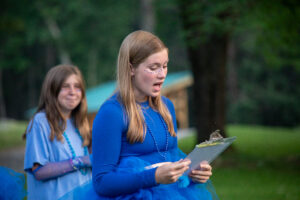
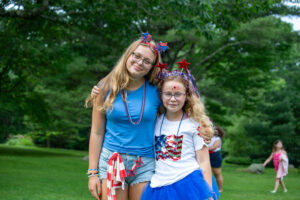

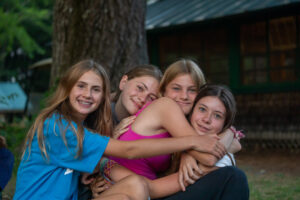
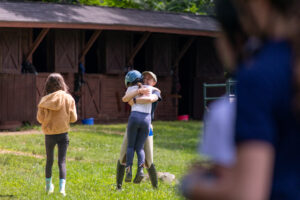
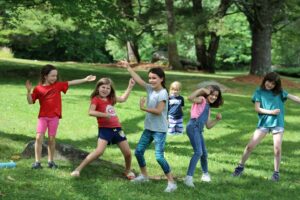
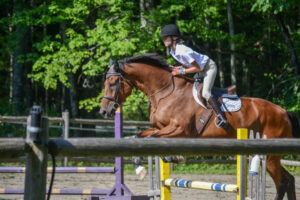

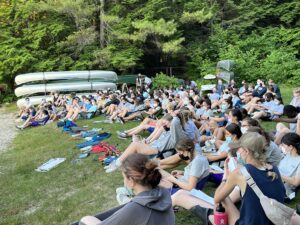
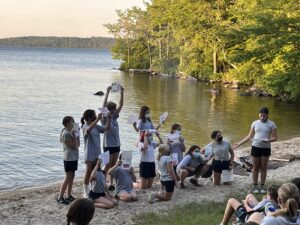
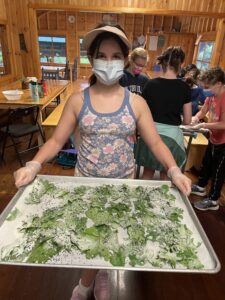
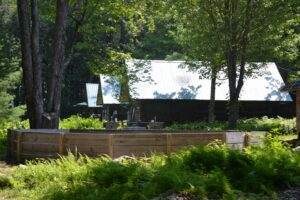
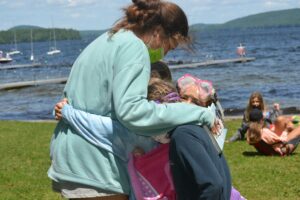
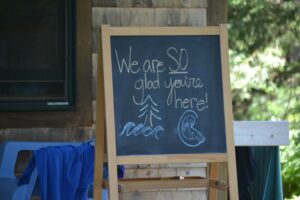
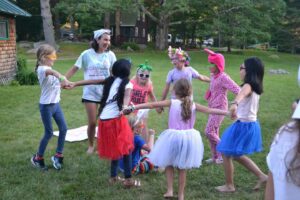
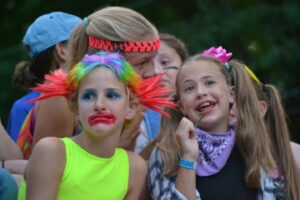
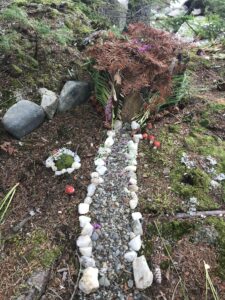
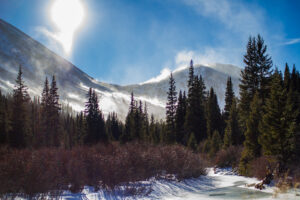 As a high-energy assistant camp director and tutor, I think people often assume that I am an extrovert. How could you possibly do all of that and not be? I love being around and working with people, sure, but oftentimes it is draining. I recharge as an introvert does – alone, often outside on a trail, or maybe inside with a cup of tea and a good book or craft.
As a high-energy assistant camp director and tutor, I think people often assume that I am an extrovert. How could you possibly do all of that and not be? I love being around and working with people, sure, but oftentimes it is draining. I recharge as an introvert does – alone, often outside on a trail, or maybe inside with a cup of tea and a good book or craft.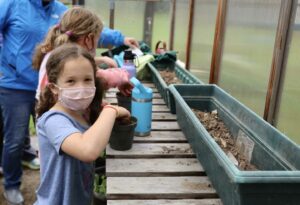 Luckily, Runoia is built for our extroverts, introverts, and ambiverts alike. Our
Luckily, Runoia is built for our extroverts, introverts, and ambiverts alike. Our 